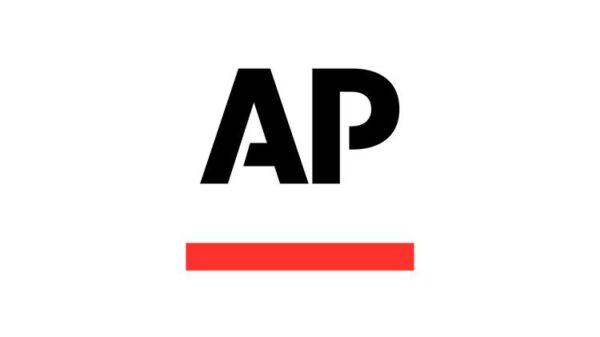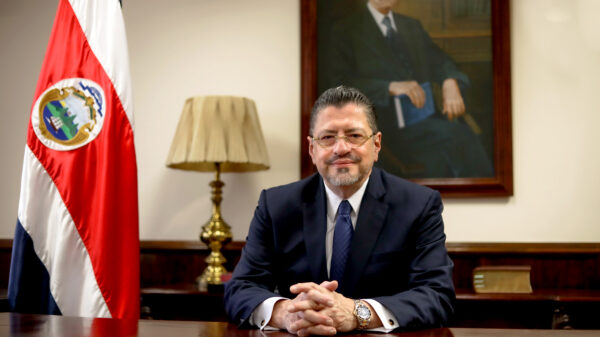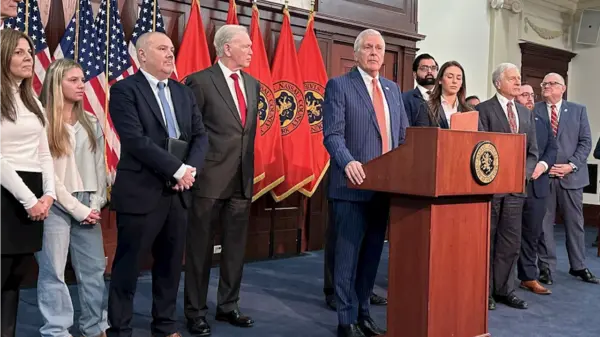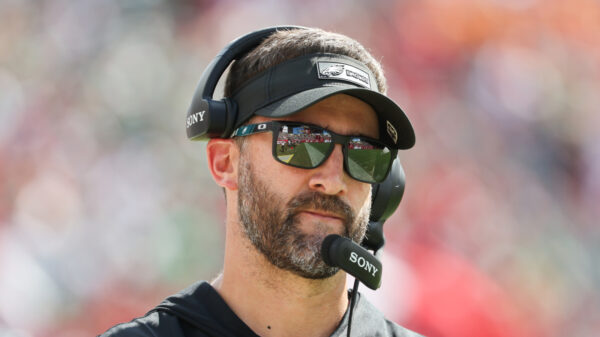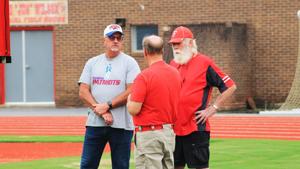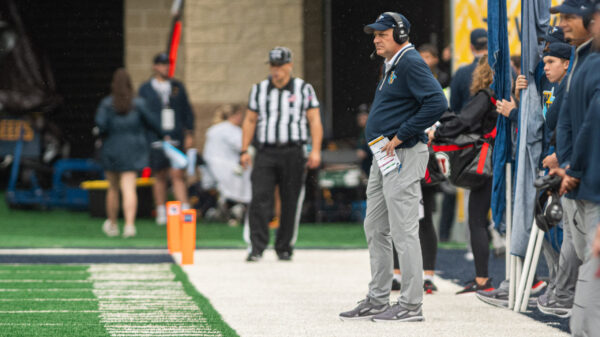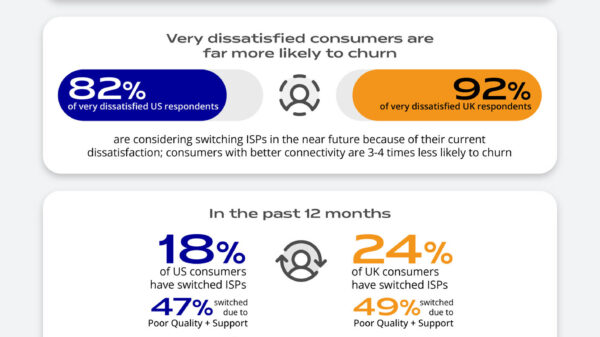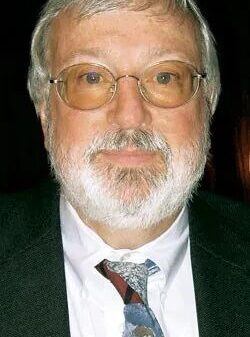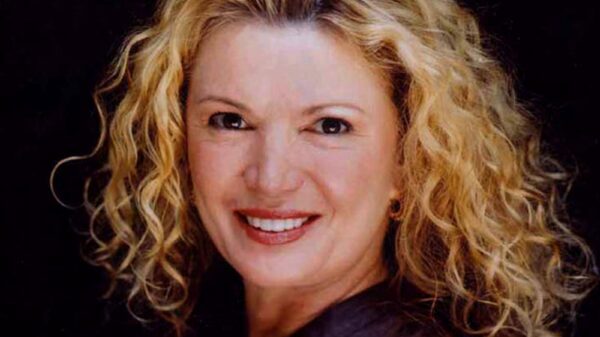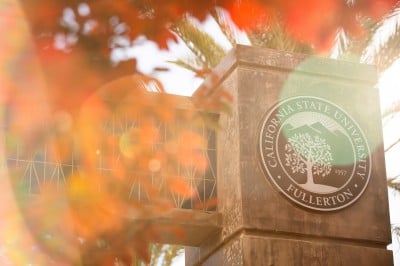At a time when the credibility of journalism is under increased scrutiny, Wafa Unus, an associate professor at Fitchburg State University, is addressing the disillusionment among students studying the press. Many of these students do not aspire to be reporters; instead, they seek to understand the functions and failures of journalism. Their skepticism is heightened by the current state of the industry, which has been strained by significant shifts in ownership and the pervasive influence of social media.
In her classes, Unus encounters students grappling with a growing disconnection from traditional news sources. They often remark on how they receive more information accidentally through their phones than from purposeful engagement with news outlets. Initially, their disengagement stemmed from feelings of internet fatigue or disenfranchisement. Recently, however, it has evolved into a broader confrontation with the purpose of a free press. This raises a critical question: if journalism fails to clarify the complexities of modern life, what must change for it to fulfill its public duty?
Unus emphasizes that the responsibility to revitalize journalism does not lie solely with reporters or media companies. The deterioration of the press has been a gradual process, exacerbated by a focus on profit over public service. The industry has been undermined by decades of budget cuts, consolidation, and a shift towards content that prioritizes engagement over accuracy. As a result, many communities feel the adverse effects of an increasingly hollowed-out local news landscape.
The decline of journalism is not a recent phenomenon. It has developed over time, marked by a trend toward sensationalism and superficial reporting. Unus likens this decay to a fruit that looks appealing on the outside but has rotted at its core. The industry’s attempts to maintain audience interest have often led to a neglect of storytelling in favor of clickbait and rapid content generation.
Unus describes the current state of journalism as akin to a landfill, where discarded practices and misinformation linger, leading to a corrosive environment for public trust. This perspective challenges students to consider the implications of treating journalism as disposable rather than nurturing its potential for growth.
Instead of discarding the remnants of traditional journalism, Unus advocates for a composting approach—transforming what is seen as waste into something productive. Composting requires patience and intention; it involves breaking down old practices to extract valuable lessons and nutrients for the future. This method not only addresses the rot within journalism but also encourages a redesign of the system to foster accountability and community engagement.
Through her teaching, Unus aims to instill a sense of urgency in her students. She argues that while skepticism and cynicism are natural responses, apathy poses a far greater threat. The choice facing future journalists is not simply one between nostalgia and nihilism; it is about whether to accept the current iteration of journalism or to embrace a transformative process.
In today’s rapidly changing media landscape, Unus encourages her students to plant new roots for local news, focusing on smaller, community-driven initiatives. This shift recognizes that the traditional model of journalism is no longer viable. Instead, it calls for collaboration and innovation to create a sustainable ecosystem for news that reflects the communities it serves.
By embracing this composting philosophy, Unus believes the future of journalism can yield a new harvest—one where the fruits of reporting are not only nutritious but also resonate deeply with the communities they serve. Through this approach, journalism can reclaim its role as a vital source of information and foster a renewed commitment to public service.







